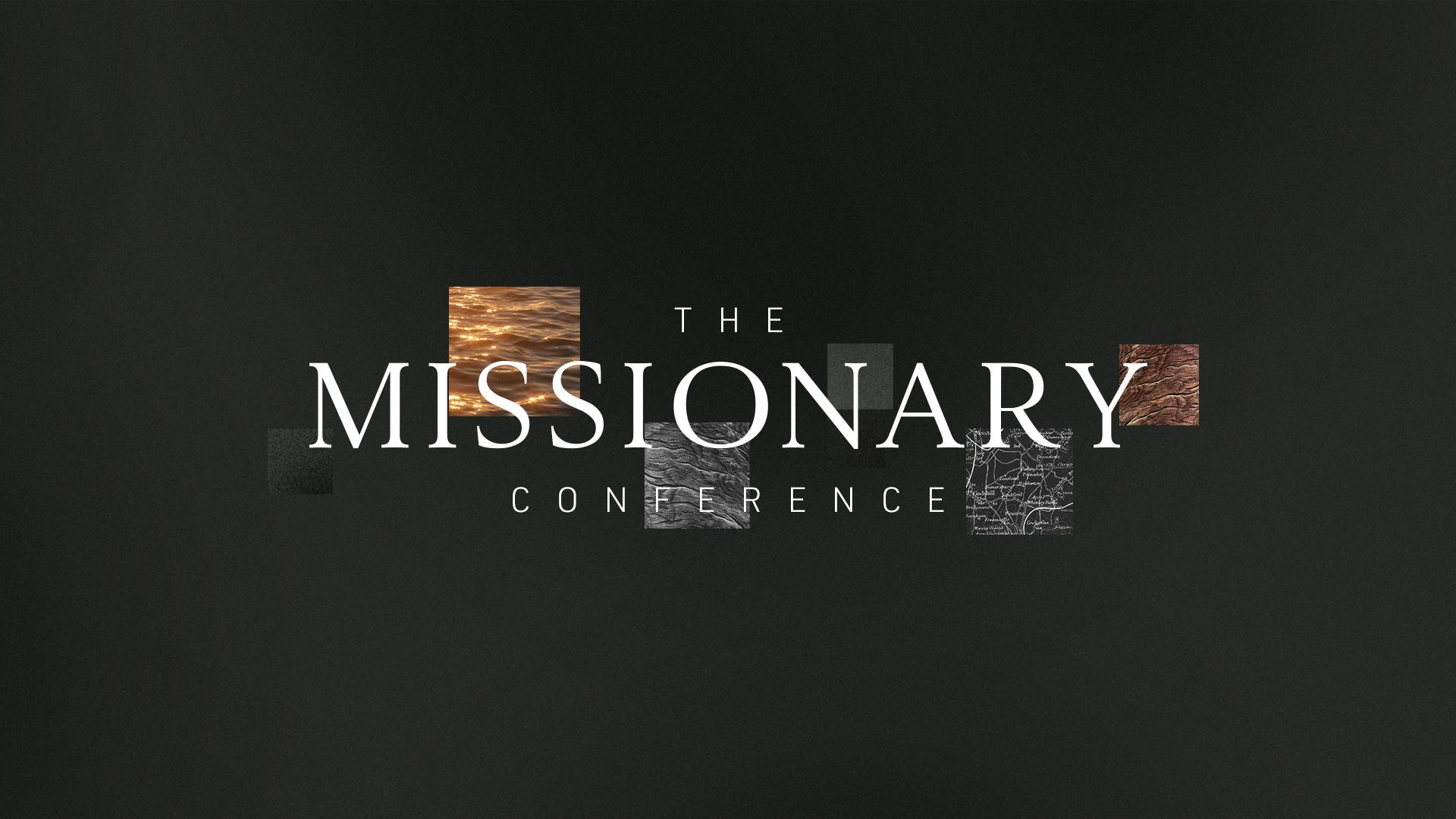Church Planting
Language and cultural fluency is not the end, it’s the means. It’s the means to trusted relationships, clear and relevant communication, and the eventual establishment of a community of believers among your target people group. Radius gives you the tools to become a clear communicator so that you can actually accomplish your ultimate goal of planting a maturing church. In fact, every piece of Radius’ curriculum is designed to give you what you need to make that possible. Church planting is at the heart of the training.
Because Church planting is at the heart of what Radius does, let’s clarify what we mean by “the church”. Jesus did not intend for His statement “where two or three have gathered together in My name” to be a definition of the church. A church is a group of obedient Jesus-followers that are salt and light in its community and that carries out its corporate functions as the body of Christ. It grows out of its own social and cultural context, so it is comprised of families, marriages, children, and elderly. It has mature leadership that teaches, disciples and exhorts.
As a living organism, it brings in new believers and matures (through discipleship) into reproduction and multiplication. It loves and cares for its own members, including the poor and the elderly. It meets regularly for biblical instruction, worship, sharing of resources and prayer, taking on forms that are relevant to that cultural context. It loves its neighbors by engaging them relevantly and meeting their needs. It evangelizes those around it and sends its own members to disciple the nations. These are not Western ideas, but New Testament concepts that must be built into the churches that you plant. At Radius, we equip you to do the long-lasting, serious work that is modeled to us in the New Testament church.
ENTRY STRATEGY & IDENTITY & PLATFORM
Three core values drive the discussion of Entry Strategy: Integrity, Impact and Longevity. No matter what context you’re targeting for a church plant, we want to equip you to manage well your identity issues as a worker for God’s Kingdom. You must enter, become a community member, and remain for the long-haul, and this will require some careful thinking and planning. Longevity alone is not enough! Just having a job and living somewhere is NOT accomplishing the church planting objective. You must also acheive IMPACT in that community which will depend upon becoming a proficient and relevant communicator.
You will be taught to ask the right questions about having legitimacy and a sustainable identity in the country of your target people and within your host culture. We will help you design a strategy for answering the difficult question that arise, especially in restricted contexts where many unreached peoples reside.
CHURCH PLANTING STAGES
You will learn the respective stages of church planting and how to implement each stage of the process. Those stages are:
Pre-evangelism – What is your identity in the community?
- What relationships are you developing?
- What are the best contexts and means for communicating the Truth?
- What are the belief systems already present among your target people?
- What kinds of conversations are you having that will help your friends notice the gaps in their worldview and prepare them to discuss Truth with you?
Evangelism – you will learn how to present the Gospel in a contextual, concrete narrative approach (see below under “Biblical Foundations”). You will learn how to implement the conclusions of your culture study in order to properly contextualize the presentation of the Gospel, while avoiding syncretism.
Nurturing new believers – you will learn to develop biblically and culturally appropriate styles of discipling new believers that will lay the foundation for a healthy church.
Gathering new believers – you will learn the principles involved in giving individual followers of Jesus a corporate identity within their own context. You will be introduced to the C-scale discussion and begin formulating a missiology of appropriate contextualization. The discipleship process that you and I have experienced has often lacked intentionality, and has consequently taken us way too many years to obtain clarity and maturity. We can do better in our target people groups!
Leadership training – you will learn to consciously equip believers in your host culture to be the spiritual leaders of their own congregations. This is kept in mind from the very beginning, and prepares the community of believers for your eventual departure.
Exit strategy – Your role as a church planter among unreached people is an important one, but not a permanent one. You will be taught to create and implement a specific strategy leading to your own departure…to the complete turning over of the church to local leadership.
ECCLESIOLOGY/NEW TESTAMENT CHURCH PRINCIPLES
You will develop a biblically-based understanding and theology of the Church (ecclesiology). What is the church? If our job is to start them, we have to have a very clear idea of what we are starting. Limiting ourselves to the Western forms we’re accustomed to will not be helpful! Radius will help you define the essential New Testament principles and the biblical heart of church life and practice. Having a strong grasp of these foundations will allow you to partner effectively with the new believers as they develop forms of expression that are both biblical AND meaningful for believers in their context.
CHURCH PLANTING IN VARIOUS CONTEXTS
You will learn how to develop a working vocabulary in your target language and how to determine the domain of meaning of individual words so that you will know the right words to choose (and to avoid) to communicate biblical themes clearly. Too often missionaries use “something close” and they unwittingly sound either crass, juvenile, “old school”, or trendy. Proper vocabulary, not just workable alternatives, takes time to investigate and land on.
Hinduism – You will be introduced to a Hindu worldview and to the unique issues involved in planting churches in a Hindu setting.
Islam – You will be introduced to a Muslim worldview and to the unique issues involved in planting churches in a Muslim setting, including determining the appropriate level of contextualization, and dealing with restrictive governments and societies.
Buddhism – You will be introduced to a Buddhist worldview and to the unique issues involved in planting churches in a Buddhist setting.
Urban Church Planting – You will learn to identify and apply the principles that are unique to, and that contribute to success in planting churches in an urban context.
ASSESSMENT OF CURRENT CHURCH PLANTING METHODS AND MISSIOLOGIES
Radius will introduce you to current practices and popular trends in the missions world in general and in church planting in particular. Some of these methods acknowledge the need for a long-term, incarnational approach to cross-cultural ministry, and others do not. We will look at the strengths and weaknesses of the various approaches, evaluate their alignment with biblical principles and discuss ways to work alongside church planters who embrace the different methods.



